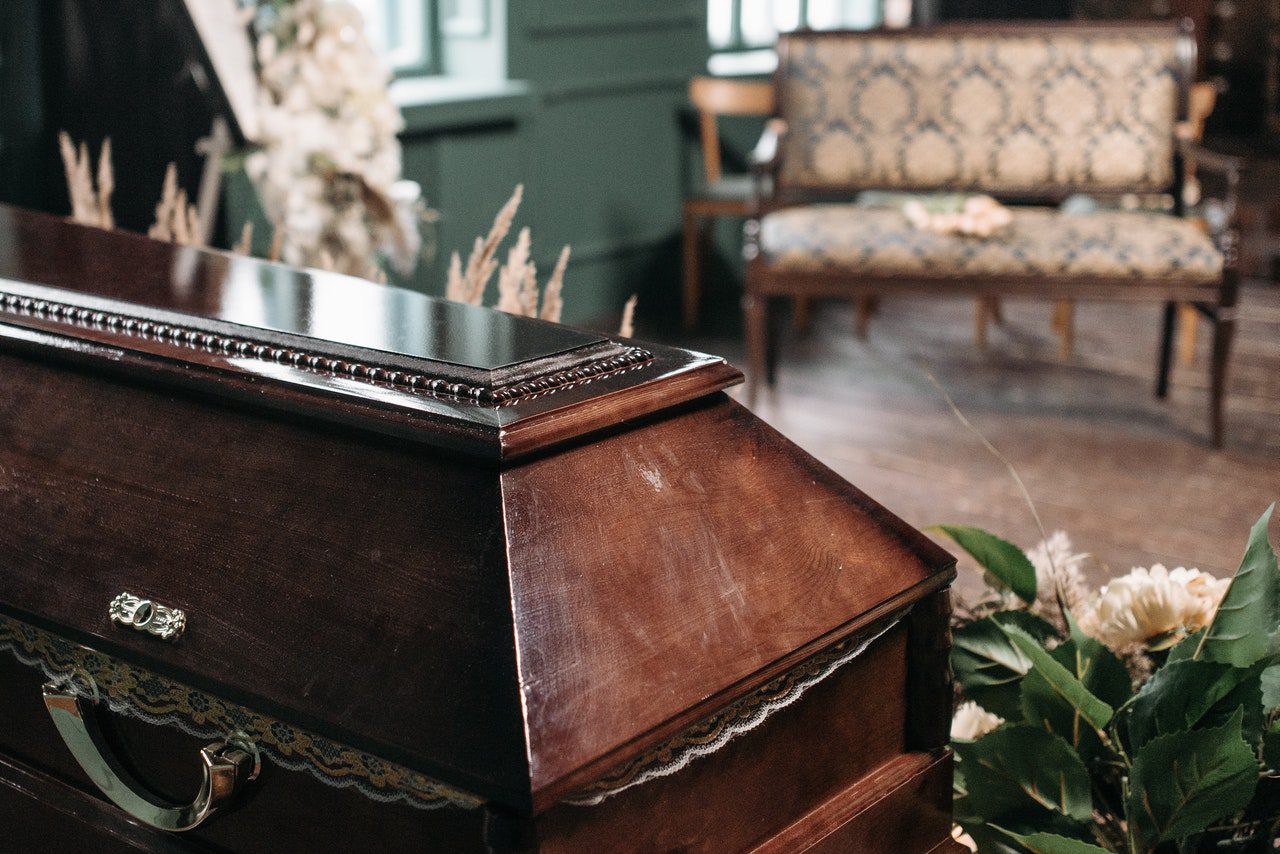In the UK, planning a funeral for someone who was a committed Catholic in their lifetime will mean including many of the same rites and rituals that are observed all over the world. For many Catholics, funerals are sombre affairs but they will also reflect the thanks Christians feel towards God for the life of the deceased. Consequently, there is usually something of a balance to strike between formality and informality, religious observance and a more personalised experience for mourners. What do you need to know?
To begin with, there are plenty of places you can turn to for more specialist advice with funeral planning in the country. A service provider like Newrest Funerals helps people to arrange Catholic funerals all over the country. What’s more, they can assist even if you are not of the Catholic faith yourself but still need to arrange a service for someone who was. In the main, you will need to start by appointing a funeral directors. They will deal with the body and make sure it is ready for when the funeral itself takes place.
The next thing to do is to choose a suitable funeral venue. For many Catholics, this will be the church they attended in life. However, you may want to choose a multi-faith funeral home instead. There are no hard and fast rules about this, merely personal preferences. Furthermore, although it is traditional for Catholics to be buried, many people prefer a cremation nowadays. There is nothing to stop you from holding a church service and then proceeding to have a cremation or a burial elsewhere. What you might also like to consider is a graveside committal. This is something that many Catholics prefer whereby the priest will conduct the service outside prior to an interment ceremony. Again, you don’t have to choose this option but it is at least worth considering if you are dealing with Catholic funeral arrangements.
With the funeral type and venue chosen, you will need to consider what the service will consist of. A mass led by a priest is likely to be a priority but you should also consider who will give readings from the Bible and whether you will want a eulogy. This is the part of the service that is usually an account of the life of the deceased given by someone close, perhaps a family member.
In most cases, coffins are chosen prior to the funeral. Both very simple ones and more ornate caskets are common at Catholic funerals so choose something within your budget that reflects the personality of the deceased. Some people want flowers to be sent to the funeral while others will suggest a Christian charity, such as CAFOD, receives donations in lieu of them. After a Catholic funeral, it is traditional to stage a wake. If you want to hold this at home because you feel most comfortable there, then do so. However, there is nothing to say you cannot hire a function room instead, if you prefer. Just make sure that everyone who will be attending the funeral knows where to go afterwards.
Main Photo by Pavel Danilyuk.







